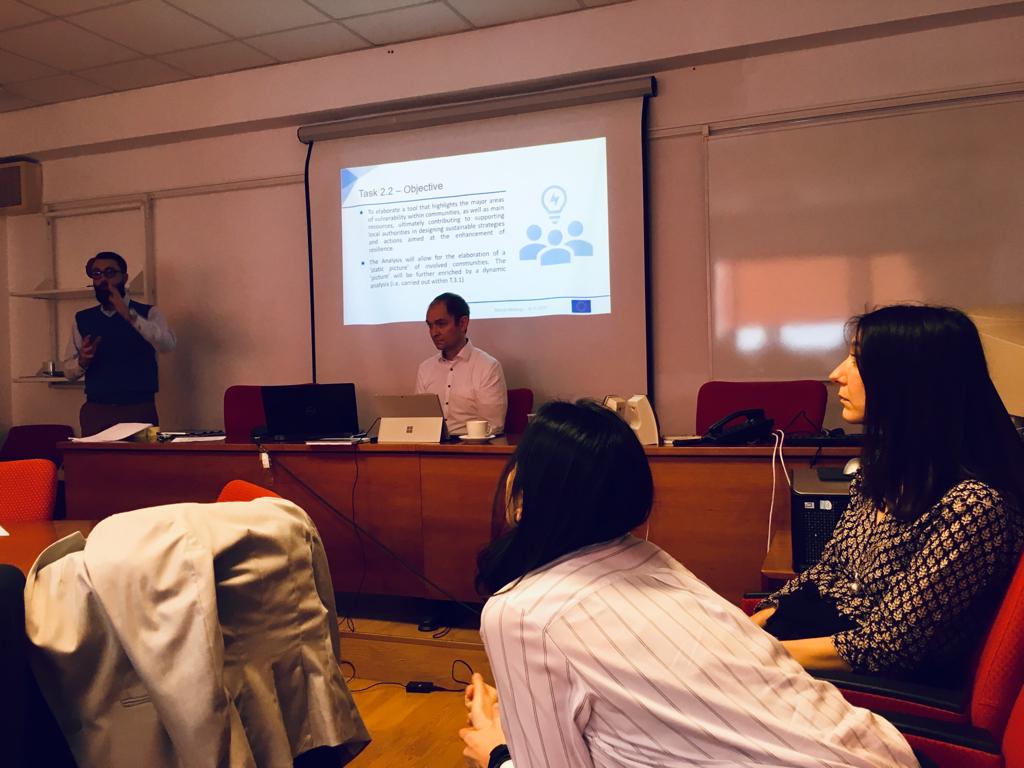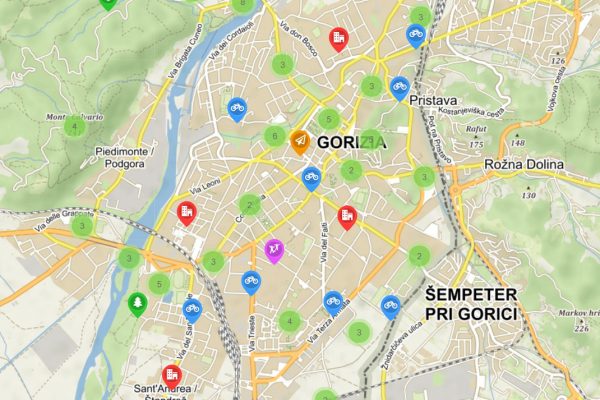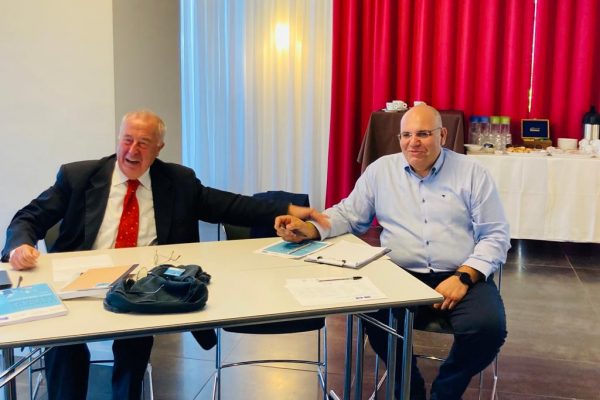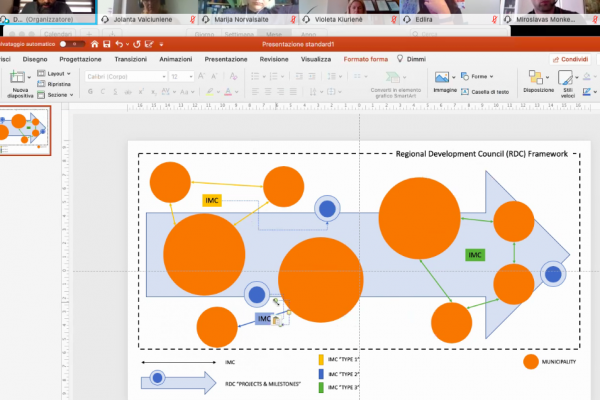Good morning InD6, how are you?
Fine, thanks!
Tell us a bit about e-learning, is there really a (virtual) world behind this expression? And have the last few years led to a real enlargement of this sector?
There is also a virtual world, but it is only a part of e-learning, however important. Let’s say that it is the part dedicated to a certain type of user experience, more immersive, detailed in the context of reference and, in some ways, also more linked and bound to the use of certain technologies. This is the sphere in which the largest part of the training process is carried out, which obviously presupposes a whole lot of work upstream, not only in the virtual sphere, and which can also be accompanied by a part of learning which is more real than virtual.
Inevitably, the last two years have made a difference to the sector, not least because of the need to continue training in a context where it was impossible to be in a classroom. The other side of the coin, however, has been the great confusion generated by this sudden popularity of e-learning (sudden, at least in our country), confused with long-distance teaching or a simple conference call on Zoom.
Let’s shed some light on another expression that has recently become very popular: gamification. What is gamification and how do we all experience it, for better or for worse?
Game dynamics play a fundamental role in training processes, because they require the user to act, developing skills such as problem solving, decision making and creativity. This occurs spontaneously during the game.
Specifically, gamification is a learning methodology that implies the application of game mechanics in non-gaming and mainly professional contexts. Among the most commonly used elements we can find the challenge, the levels, the point system, the ranking and various types of prizes or rewards.
However, we would like to point out that we always use it for benevolent purposes only. LOL
Will there really be a radical alternative between classroom and digital learning in the future? For Matrix lovers, red pill or blue pill?
The way technology is evolving, it is plausible to think that e-learning will go with the flow and embrace new 100% digital methodologies, as it is already doing in part. We think of Virtual or Augmented Reality, the various interactions with Artificial Intelligence and – in synthesis – everything that is converging in the Metaverse concept.
Obviously, face-to-face training will retain its importance and will not be absorbed by digital training, as is already happening thanks to the blended approach, which mixes remote and face-to-face, synchronous and asynchronous.
Matrix lovers will be left with the luxury of not having to choose between the red pill and the blue pill, as they can have both!
What have been the greatest challenges and rewards in creating the RFDCD e-learning course?
Certainly it was interesting and constructive to be able to decline a course on contents that concern universally valid values, applicable in every context, not only professional and social but also human; this is especially so at a time like the present, when it happens to be questioned a little too freely.
We are thinking of human rights, respect for diversity, inclusiveness, but also more complex concepts such as the importance of the institutions’ adherence to and support for this system of values, which then goes on to form the framework of real democracy.
Working with similar, sometimes abstract, contents and trying to visually concretise them required an imaginative effort which was then translated into the creation of graphic elements and videos (created thanks to the work of Studio Magoga) full of meaning. If the final user will be able to unpack these contents and extract the fundamental values they contain, then we will be even more gratified by this effort.
To learn more:
Distance learning – Encyclopedia Britannica
Game based learning, gamification e didattica: cosa sono – Save the Children Italia
The Reference Framework of Competences for Democratic Culture (RFCDC) – Council of Europe





